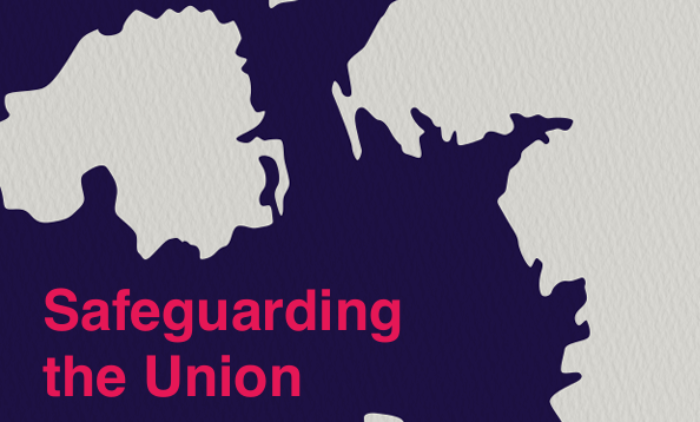Human Rights Consortium publishes view on Safeguarding the Union
We have today launched a briefing on the Safeguarding the Union package. This provides a civil society perspective on its…

The Human Rights Consortium has worked throughout the Brexit process to ensure that human rights and the retention of safeguards and protections contained in EU law remains central to discussions on Northern Ireland. While the Consortium did not take a position on Brexit, the close monitoring of potential human rights implications for Northern Ireland of exiting the EU was and continues to be an essential aspect of our work.
Much of the Consortium’s work on Brexit is shaped by our Brexit and Human Rights Working Group, containing over 50 different organisations interested in or working on Brexit through a human rights lens. If you’re a member of the Consortium and want to work with us on Brexit and human rights issues, [contact us] to join the Working Group.